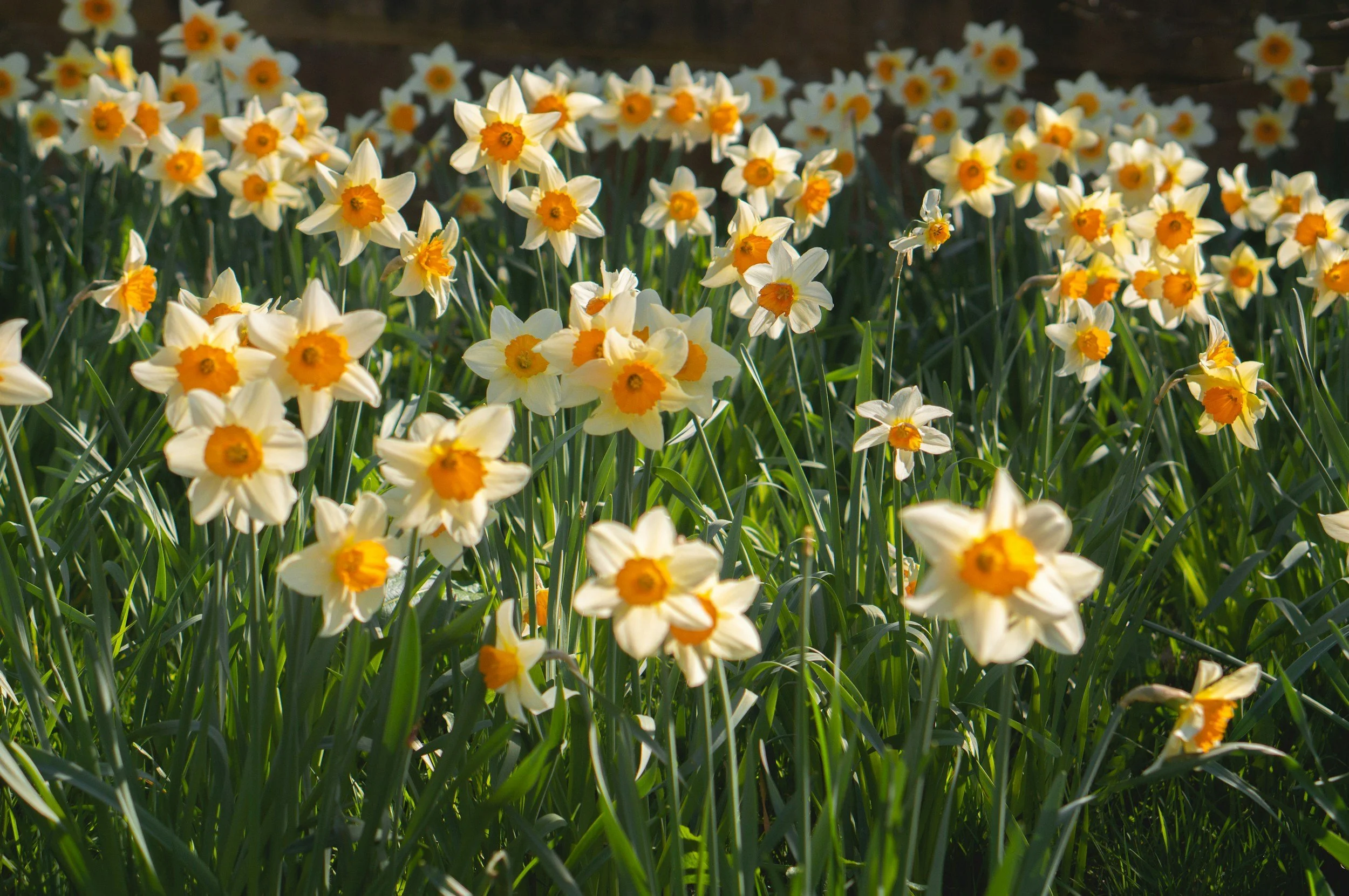
Fun Facts
Fun facts about the month of MARCH
March is Named After Mars, the Roman god of war, because it was traditionally the start of the military campaign season.
First Month of Spring: In the Northern Hemisphere, March marks the beginning of spring, starting with the vernal equinox around March 20–21.
Birthstone: The aquamarine is March’s birthstone, symbolizing courage, health, and hope.
Flower Symbol: The daffodil is the traditional March flower, often associated with new beginnings and resilience.
March Equinox: On the equinox, day and night are roughly equal in length, signaling the transition from winter to spring.
Saint Patrick’s Day on March 17 is widely celebrated in Ireland and globally with parades, green attire, and cultural festivities.
Meteor Showers: The Lyrid meteor shower peaks in late April, but March sometimes sees early Lyrid sightings for stargazers.
World Wildlife Day: Celebrated on March 3, it raises awareness of endangered species and biodiversity.
Full Moon Names: March’s full moon is often called the Worm Moon, because it coincides with the earthworm’s return and the awakening of soil life.
International Women’s Day: March 8 is globally celebrated to honor women’s achievements and promote gender equality.
March 1 was historically the start of the Roman calendar year before January was added, making it a month of beginnings and surprises.
: “March comes in like a lion, goes out like a lamb” is a saying about unpredictable weather at the start of the month calming by the end.
Economic Significance (UK): In the UK, March ends the fiscal year, making it a critical month for taxes, pensions, and savings planning.
Seasonal Foods: In March, seasonal vegetables like asparagus, peas, and rhubarb start to appear in UK markets, signaling spring freshness.
March Madness of Nature: Migrating birds, blooming flowers, and newborn animals make March a month of vibrant natural activity.
In 1694, the Bank of England was officially founded in March to fund the government’s war debts—a huge milestone in UK finance history.
